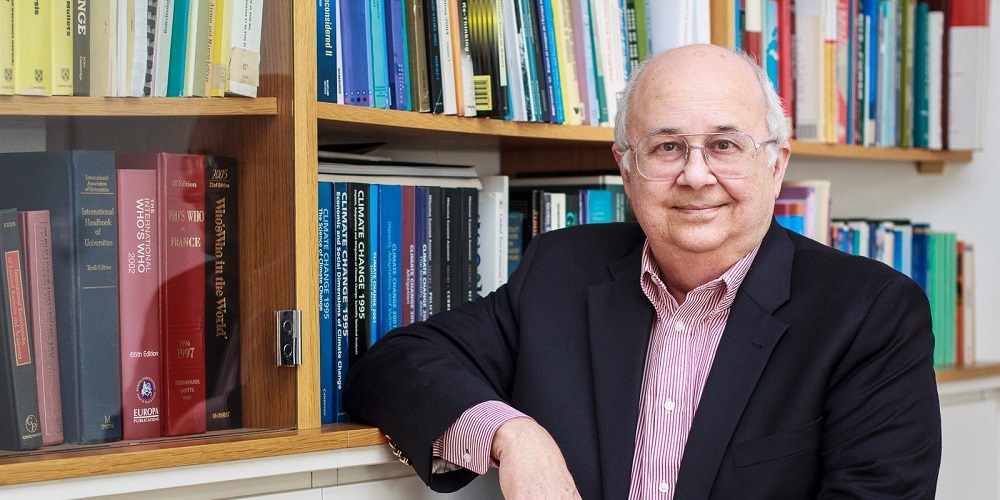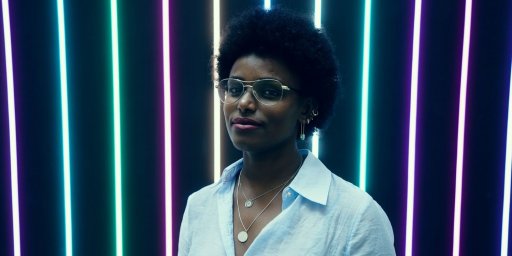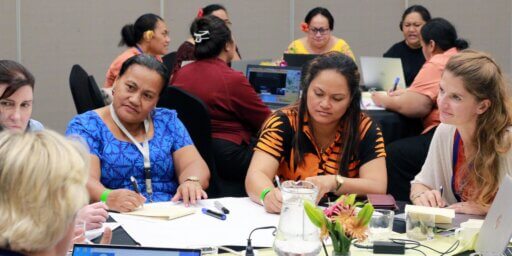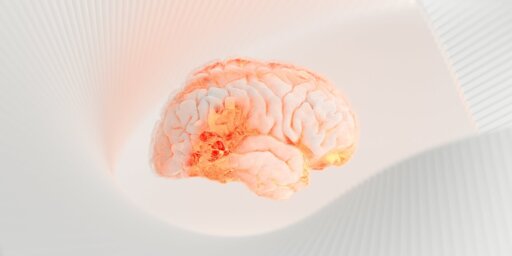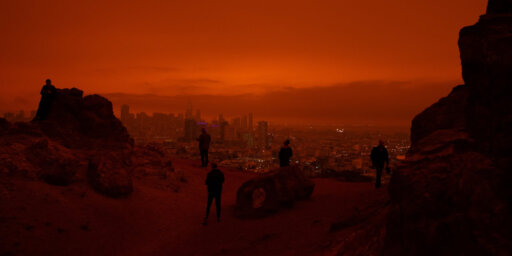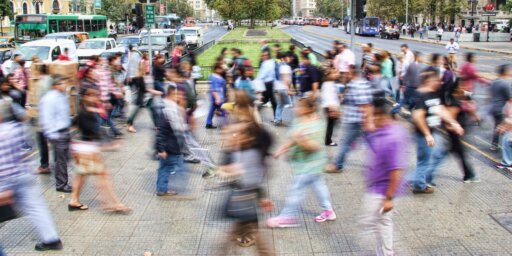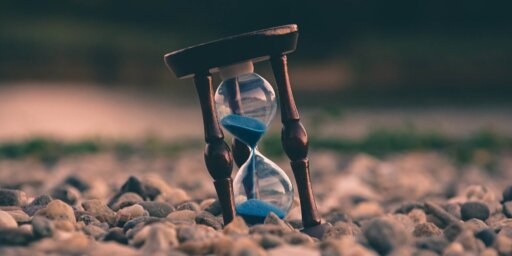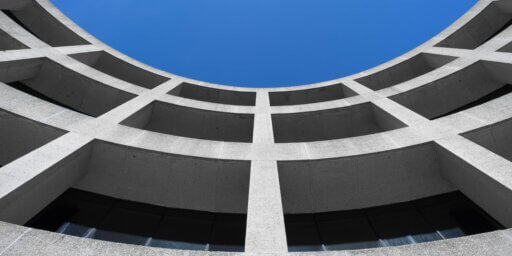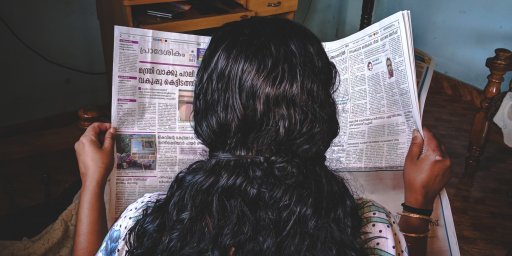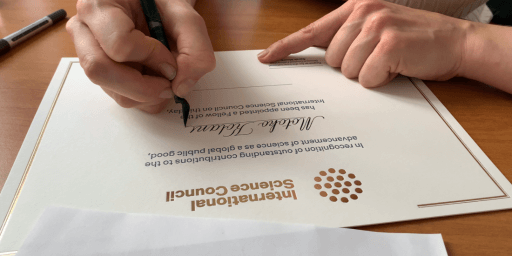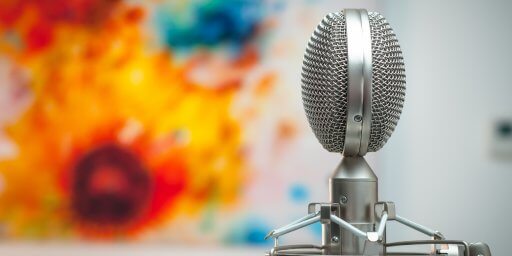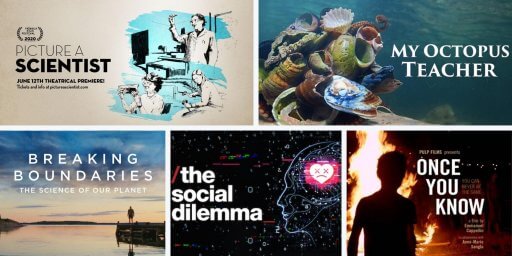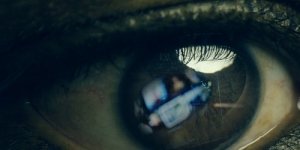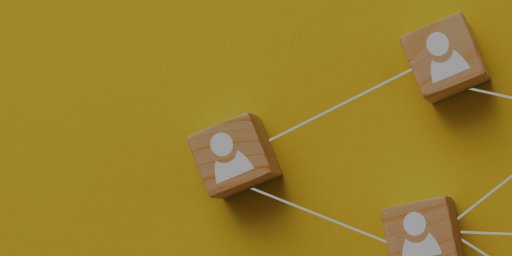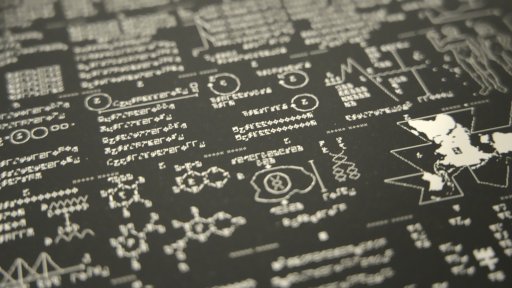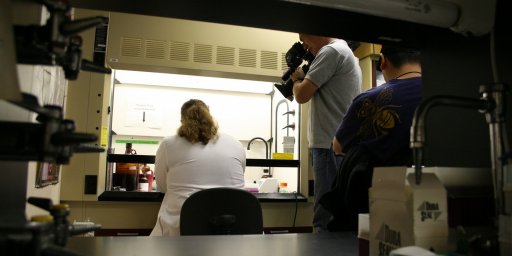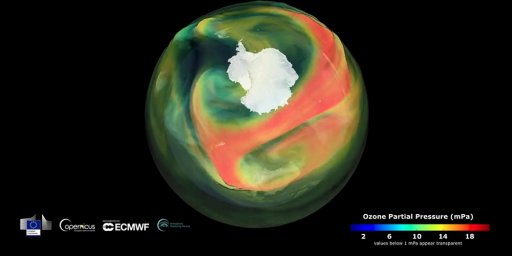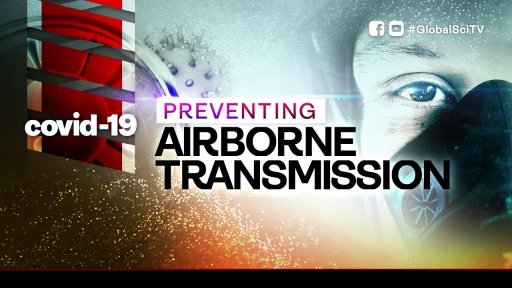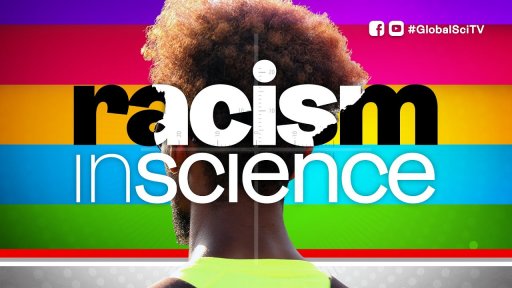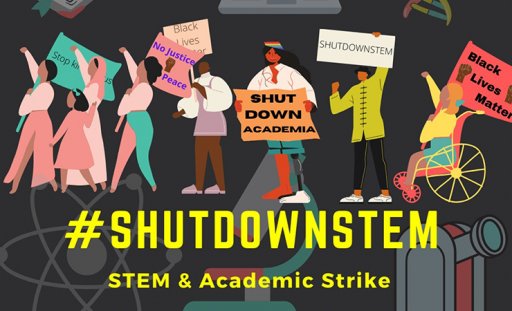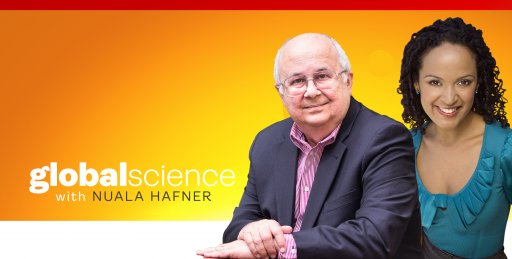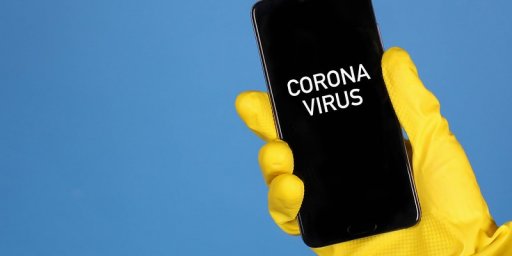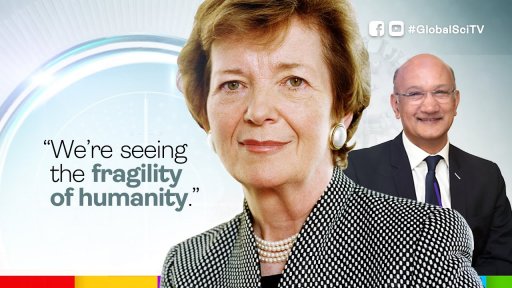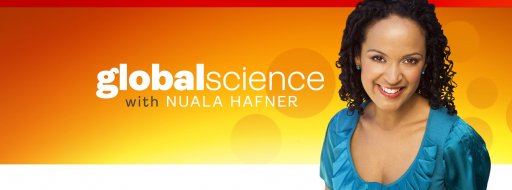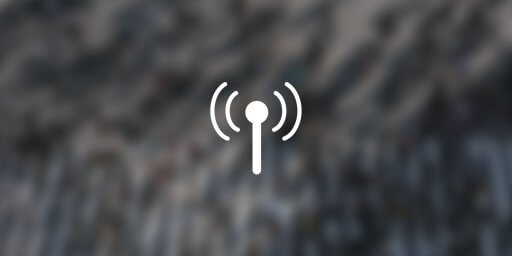A 30-minute topical interview on civil unrest, open science and the future of libraries, recorded on 6 June with Ismail Serageldin, Patron of the International Science Council is now available.
Serageldin is the Founding Director of the Bibliotheca Alexandrina (BA), and the new Library of Alexandria, inaugurated in 2002. He serves as Chair or Member of several advisory committees for academic, research, scientific and international institutions and civil society efforts, has published over 100 books, and is the recipient of 40 honorary doctorate degrees. Serageldin speaks about his own career, open science, COVID-19, civil unrest in the United States, and dives into the deep history of the old and new Bibliotheca Alexandra.
For the full interview, tune into “Global Science” web show here
Ismail Serageldin makes the following comments:
On the civil unrest in the United States and the role of science in a harmonious society:
“If you want me to reverse all that’s happening in front of you, it is to say that an act of injustice, that was symbolic of a continued status of injustice towards minorities in the United States. In this particular case, it triggered an enormous uproar of people saying this is unacceptable. And that shows you that we have made some advances. Now are these advances as rapid as I would have loved to see them? No. Are they there? Yes, they are. We have our Sustainable Development Goals, a very clear goal of reducing inequalities, of abolishing poverty. These are designated, if you want, for both the dignity of the of the human being and the recognition of the desirability of a greater modicum of equality. Science has a major role to play. To put it bluntly, every advance that has benefited humanity has come from science. We have a magnificent readiness to engage with the contrarian view.”
On Open Science and COVID-19…..
“Open Science maintains the idea that everything should be open for the benefit of humanity. It’s not a matter of proving what is wrong. It is much more of the fact of saying, is this really the truth that we are seeking? Or an approximation of it that is getting us closer to the truth? And that’s fundamentally what science is all about.”
On the internet and the future of libraries…
“Google books got about 20 million books digitised. This was a new world for libraries.The internet was a librarian’s dream. In the most remote village, anywhere in Africa, you can have access to the internet. You can have access to almost all the world’s knowledge today. We are right now, in the midst of a big transformation, but a wonderful transformation for access to knowledge, for how people are going to transform that knowledge and work with it. We can remain in touch with each other around the world and almost instantaneously communicating at the speed of light. We can spread ideas and discuss them among the big global scientific community.”
On returning to normal after COVID-19 lockdown…
“When people say we’re going to return to normal after our current lock down, but the normal would not be the same normal that we left behind. And that’s all right. That’s how we advanced as humanity. And hopefully as a result of all of this, we will, again, revive the values that I consider so important, and that I put in my credo values, that we are all single human family. Let us all work together.”
For media organizations, ISC members and organizations with an interest in this subject, the following is freely available to download and republish on your websites.
Download full video: https://vimeo.com/426856592/986fd6db84
Embed code: <iframe src=”https://player.vimeo.com/video/426856592?title=0&byline=0&portrait=0″ width=”640″ height=”360″ frameborder=”0″ allow=”autoplay; fullscreen” allowfullscreen></iframe><p><a href=”https://vimeo.com/426856592″>Ismail Serageldin</a> from <a href=”https://vimeo.com/user80609598″>Australian Academy of Science</a> on <a href=”https://vimeo.com”>Vimeo</a>.</p>
Subscribe to our series: https://www.youtube.com/channel/UCSL1Z5osHy4DOEVByCxh0-A
Media note: This interview is available as a source/reference for news reporting
